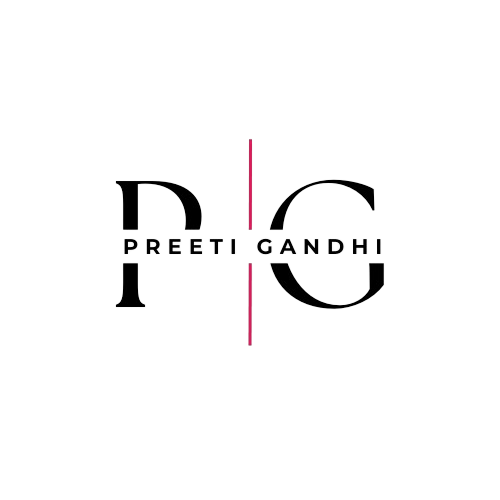This post concludes my three-part series on the journey of a screenwriter, from the moment your script garners interest to the signing of crucial agreements with a production house. In the parts 1 & 2, we discussed the significance of release forms & options agreements; now, in Part 3, we’ll decode the Screenplay Purchase Agreement, the final step where the rights to your script are bought and assigned to the producer.
It is important to clarify that not all three of these documents are necessarily part of every discussion with a producer.
If a producer is keen to purchase rights to a screenplay you have authored, you might be presented with a screenplay purchase agreement (also referred to as literary works assignment agreement). Here are the key considerations to look out for while negotiating a screenplay purchase agreement:
a. Scope of Rights: Specify the format for which you are granting rights, whether it’s a movie, series for web/TV, etc. Define the language of production and any limitations on the period during which the movie should be produced, after which the rights revert to you. Keep the scope as specific as possible while retaining control over any use that falls outside the scope — this would allow you the opportunity to, offer other aspects of your work to another producer (for example, if your current agreement limits the rights offered to “exclusive film production rights in English language”, you would have the opportunity to offer your work to a producer in a language other than English) and/or be entitled for a contingent compensation, which I cover below.
b. Contingent Compensation: In addition to the purchase fee that you will receive for your work, screenplay purchase agreements often have a clause that predetermines a fee that the author may be eligible for, if the producer intends to monetise your work beyond the primary scope of rights. This can include, creation of derivative works, such as a sequel, prequel, dubbed version in different languages, spin off, among others. This secures the producer from having to pay a fee only if they choose to monetise any other format and it further secures them from not having to negotiate a fee in the future, which can be hard, especially if the first production becomes a huge success. Carefully consider the contingencies mentioned in this clause, the predetermined fee, but most importantly, check that the scope of rights is specific to the present production and excludes any right to produce other formats.
c. Creative Control: Consider the possibility that the producer may hire another writer to work on your script. If maintaining creative control over your story and screenplay is important to you, negotiate this into the agreement. This consideration extends to derivative rights; ensure you have a say in how your work is adapted and expanded.
d. Credits: Negotiate for main author credits for both the story and screenplay. Clearly distinguish yourself from any co-writer that may be hired to work on the same project.
e. Reversion Rights: As an author, there is no better feeling than watching your story come alive on the big screen. In the off chance, the film is shelved for any reason, you might want to consider including a reversion clause in the agreement. Having this provision would automatically revert the screenplay purchase in your favour, if the current producer is unable to produce the film in a specific period of time allowing you the right to take your work to another producer.
f. Waiver: Any waiver that seeks to limit your legal remedies or any stipulation requiring you to give up the rights available to you otherwise, whether as a member of the guild or any other collective bargaining agreements, should be carefully considered.
These are general outlines and points to keep in mind during your discussions with the producer. This knowledge should empower you during the process and give you the edge. Don’t be pressured into signing their cookie-cutter contracts even if they claim these cannot be amended. If you hold your ground and present valid concerns, they will more often than not listen and take your concerns into consideration.
Interested in learning more about the nuances of screenplay agreements? Let’s connect and discuss further.

